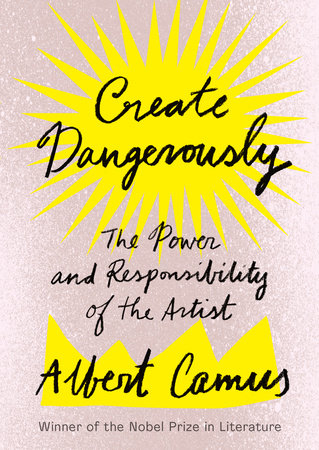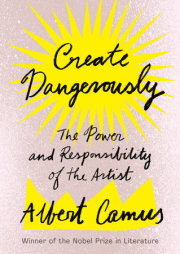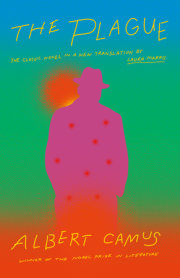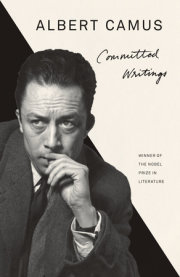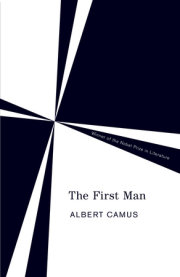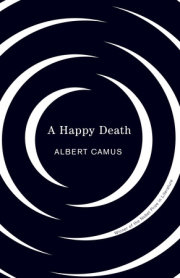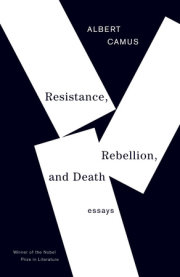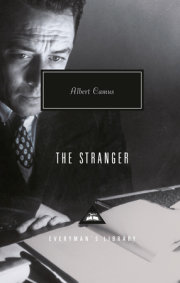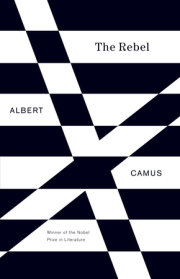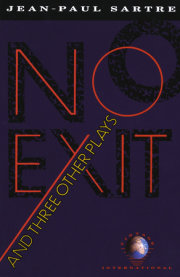I
The most important honest response possible is this: it does, in fact, sometimes happen that art is a deceitful luxury. As we well know, we can, anywhere and forever, admire the constellations from the rear deck of the galley while the slaves in the hold keep rowing, growing more and more exhausted; we can always hear the worldly conversations taking place in the seats of the amphitheater while the lion’s teeth tear into his victim. And it is very difficult to object about something in art that has known such great success in the past. Except for this: things have changed somewhat, and, in particular, the number of slaves and martyrs throughout the world has increased tremendously. In the face of such misery, art—if it wishes to continue to be a luxury—must today accept that it is also deceitful.
What would art speak of, in fact? If it were to conform to what the majority of our society asks of it, art would be merely entertaining, without substance. If artists were to blindly reject society, and choose to isolate themselves in their dreams, they would express nothing but negativity. We would thus have only the works of entertainers or experts in the theory of form, which, in both cases, would result in art being cut off from the reality of life. For nearly a century now, we have been living in a society that is not even the society of money (money and gold can arouse human passions); rather, it is a society full of the abstract symbols of money. Consumer society can be defined as a society in which objects disappear and are replaced by symbols. When the ruling class no longer measures its wealth in acres of land or gold bars, but rather by how many digits ideally correspond to a certain number of financial transactions, then that society immediately links itself to a certain kind of trickery at the very heart of its experience and its world. A society based on symbols is, in its essence, an artificial society in which the physical truth of humankind becomes a hoax.
We would then not be at all surprised to learn that such a society had chosen a type of morality based on formal principles, which it then turns into its religion; and such a society would inscribe the words freedom and equality on both its prisons and its hallowed financial institutions. However, these words cannot be prostituted with impunity. The value that is most vilified today is most certainly the value of freedom. Thinking people—I’ve always thought that there are two kinds of intelligence, intelligent intelligence and stupid intelligence—hold as a doctrine that freedom is nothing more than an obstacle on the path to true progress. But such solemn stupidities could only be put forward because for one hundred years, consumer society made an exclusive and unilateral use of freedom, considering it a right rather than an obligation and not fearing to use the principle of freedom to justify actual oppression—and as often as possible. From that point onward, is it truly surprising that such a society wished art to be not an instrument of liberation, but rather an exercise of little importance, simple entertainment? And so, all those high-society people who felt heartbroken over money or had emotional transactions were satisfied, for decades, with novelists who wrote about their world and produced the most useless kind of art imaginable. Oscar Wilde, thinking about himself before he went to prison, spoke of this kind of art, saying that the greatest of all vices was superficiality.
Copyright © 2019 by Albert Camus. All rights reserved. No part of this excerpt may be reproduced or reprinted without permission in writing from the publisher.

